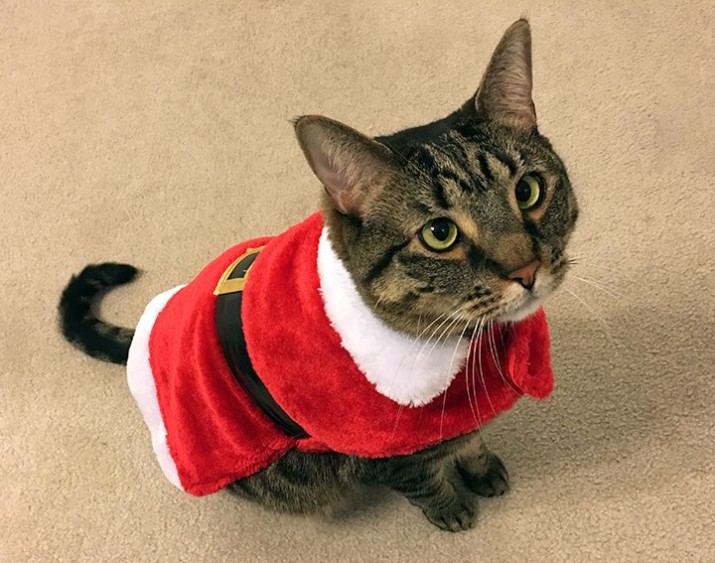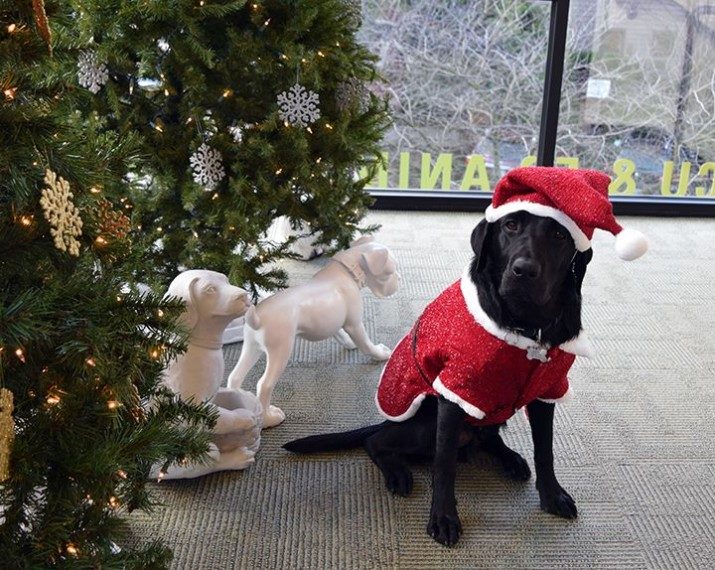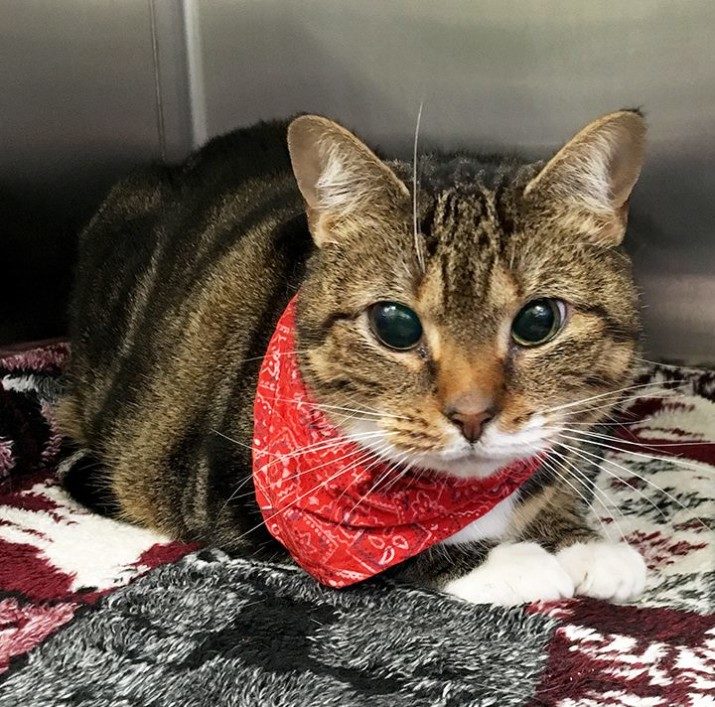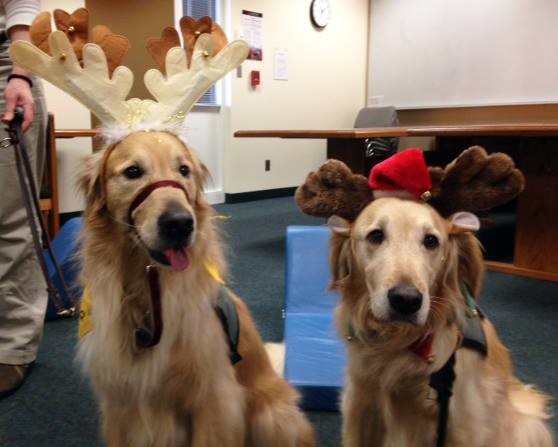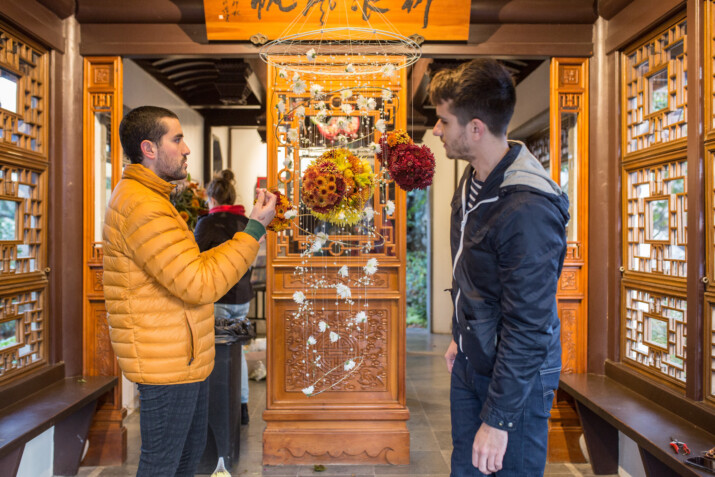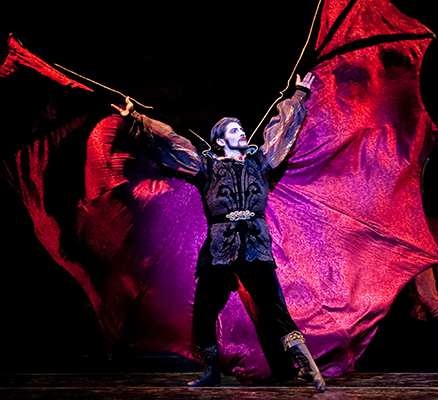Portland, OR. Veterinarians at DoveLewis Animal Emergency & Specialty Hospital are reminding pet owners to keep their animals safe during the holidays. While decorations, special foods and family gatherings make this time of year festive, they also provide potential hazards for the pets in your life. Many common seasonal items can be dangerous for animals. Below some fun holiday pet photos are a list of 12 hazards to avoid so that you won’t have to make a visit to the animal hospital over the holidays.
12 holiday pet hazards to avoid:
Christmas tree water – Some trees are treated with chemicals that can seep into the Christmas tree water. Also, stagnant tree water can build up bacteria over time, which is harmful if ingested.
Cords from holiday lights – Keep wires out of reach or covered to discourage pets from playing with or chewing them. If tampered with, lights can cause electrical burns and potentially lethal electric shock.
Decorative plants – Plants like mistletoe, holly and poinsettias can cause a range of problems if ingested, including vomiting, abdominal pain, cardiovascular problems, loss of appetite and diarrhea.
Candles – While it’s traditional for menorah candles to remain lit for at least half an hour, leaving your pet alone near an open flame is risky. Kennel your pets during this time or keep a close eye on them. Pets should never be left unsupervised around lit candles.
Turkey bones – These bones can easily splinter into sharp pieces. The splinters can get lodged in a pet’s throat or intestines causing punctures in the intestinal tract and blockages. Secure garbage cans and bags with food scraps.
Chocolate – DoveLewis sees an increase in animals suffering from chocolate toxicity over the holidays. Keep all food, especially food that contains chocolate, out of reach of animals, and monitor pets during food prep and feasts.
Alcohol – Most alcohol consumption by animals occurs as a result of drinking from unattended glasses, but it can also occur if a pet eats raw bread dough. The yeast in the dough ferments in the stomach and releases alcohol ethanol. Alcohol consumption can cause vomiting, diarrhea, difficulty breathing, tremors, coma, central nervous system issues, and even death in pets.
Tinsel and ribbon – Cats are especially attracted to tinsel and ribbon, which can obstruct the digestive tract and cause severe vomiting and dehydration if ingested. Avoid using tinsel at all if you have a feline friend in the house, and keep ribbon out of reach.
Ornaments – Any ornament on the bottom of the tree is a tempting toy for your pets. Though not poisonous, many ornaments (especially those made of glass or those with sharp edges) can be dangerous. Hang lightweight glass ornaments near the top of the tree or use shatterproof ornaments only.
Liquid potpourri – Cats are particularly attracted to liquid potpourri. The hot liquid can burn their fur and mouths in addition to causing gastrointestinal problems if ingested.
House guests – Stress from visiting relatives and friends, as well as an altered schedule, can manifest in a variety of ways, including vomiting and gastrointestinal issues. Create a “safe zone” for your pets where they can retreat until the increased activity of the holidays is over. Also, with people coming in and out of your house, your pet is at risk of escaping and getting lost. Be sure your pet’s microchip is updated just in case.
New Year’s distractions – Confetti, noisy poppers and fireworks are all potential hazards for pets. Confetti can get lodged in a pet’s intestines if ingested. Noisy poppers can scare pets and might do damage to sensitive ears. And fireworks scare most animals causing them to run if they escape. Keep them secured and safe around midnight.
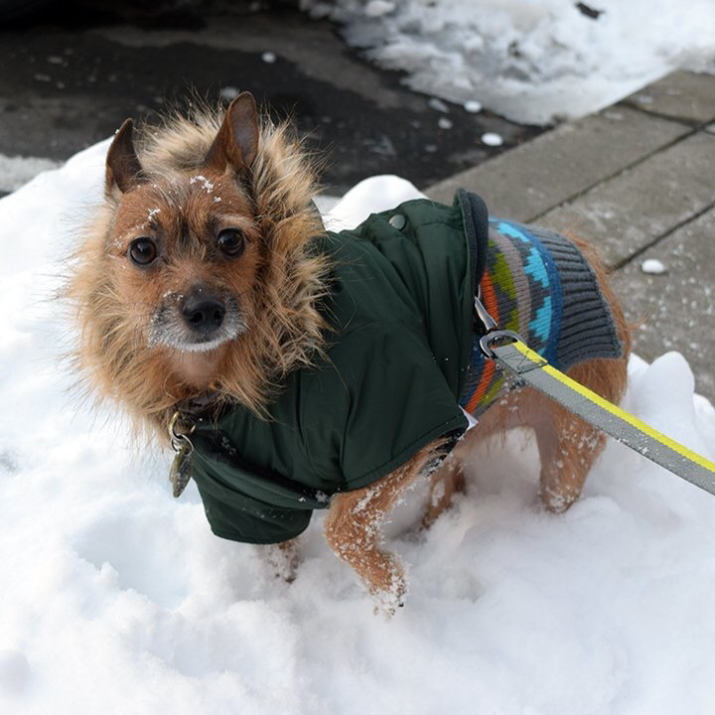
The cold weather can be a little RUFF. Like people, cats and dogs are susceptible to frostbite and hypothermia and should be kept inside. Longer-haired and thick-coated dog breeds, such as huskies and other dogs bred for colder climates, are more tolerant of cold weather; but no pet should be left outside for long periods of time in below-freezing weather.
About DoveLewis
DoveLewis Animal Emergency & Specialty Hospital, established in 1973 and based in Portland, Oregon, is the only nonprofit, 24-hour emergency and intensive care unit in the region. DoveLewis also has seven donor-supported community programs that serve animals in need and the animal loving community. With 43 years of service, DoveLewis has treated more than 500,000 animals. For more information, please visit www.dovelewis.org.


